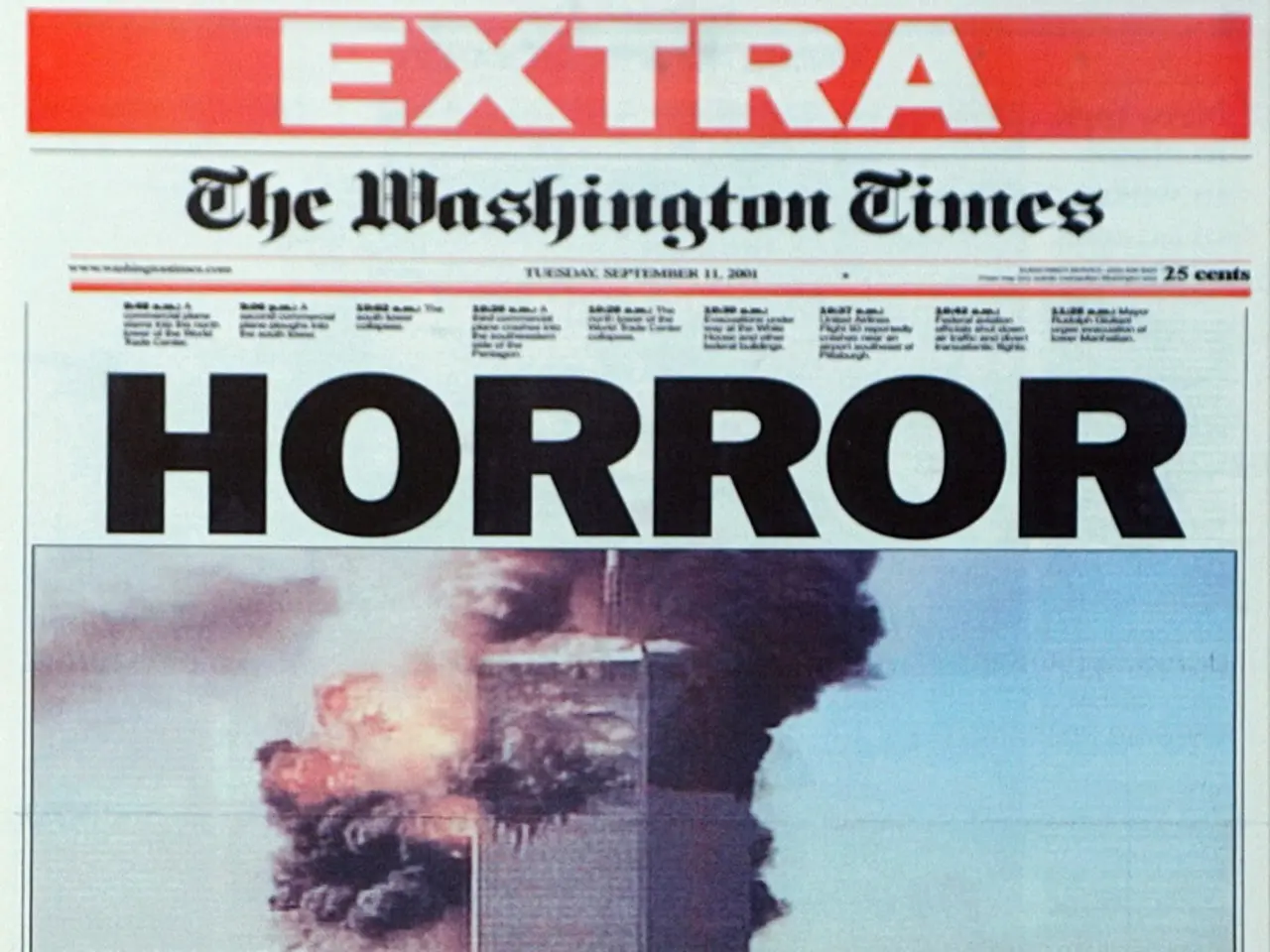Information Inquiries under the Freedom of Information Act
### A Transparent Process: FOIA and MDR Requests at NARA
The National Archives and Records Administration (NARA) adheres to a systematic process when handling Freedom of Information Act (FOIA) requests, ensuring transparency while safeguarding sensitive information.
When a FOIA request is made, NARA first reviews it to ascertain whether the requested information is publicly available. If not, the request is forwarded to the relevant department for further examination.
The department then checks if the requested documents contain classified or sensitive information. If they do, the agency may invoke exemptions under FOIA to withhold or redact parts of the documents. Non-exempt portions of records are then disclosed to the public.
For complex issues or disputes, the Office of Government Information Services (OGIS) offers mediation and guidance to help resolve matters related to FOIA requests.
In the case of classified documents, NARA follows the Mandatory Declassification Review (MDR) process under Executive Order 13526. This process involves filing a request for declassification review with the National Declassification Center (NDC) at NARA. The NDC reviews the request in collaboration with other government agencies, assessing whether the information can be declassified according to the guidelines set by the order.
If the information is deemed suitable for declassification, it is released to the public. If not, the reasons for withholding the information must be justified under the order. If a request is denied, the individual can appeal through the Interagency Security Classification Appeals Panel (ISCAP) or other appropriate channels.
It's important to note that researchers can request small volumes of records, such as specific documents, folders, or a single box, through a FOIA request. For volumes of unclassified records totaling more than one box, this is the best way to make the request.
Researchers will be notified if documents have been withdrawn during this process. If a document contains classified information, it will be handled through the MDR process, ensuring that classification is maintained unless justified for declassification under Executive Order 13526. Unclassified documents are reviewed under FOIA, ensuring that they are disclosed unless exempted by one of the nine FOIA exemptions.
Each document is reviewed line by line by NARA FOIA staff. Redactions are made to remove specific words or portions of a document in order to release as much as possible. Copies of classified documents must be sent to equity agencies for review.
Requestors still have the right to file a FOIA request on any withdrawn documents, and NARA reviewers do not have the authority to declassify information. The review process for classified documents involves coordination with other agencies, making it a complex and time-consuming process.
In conclusion, NARA's review process for both FOIA and MDR requests aims to balance the need for transparency with the protection of sensitive or classified information.
- policy-and-legislation: The review process for Freedom of Information Act (FOIA) and Mandatory Declassification Review (MDR) requests at NARA is governed by the guidelines set by Executive Order 13526.
- politics and general-news: The handling of FOIA and MDR requests at NARA often generates news, as it involves the release of sensitive government information, making it a significant topic in politics.








